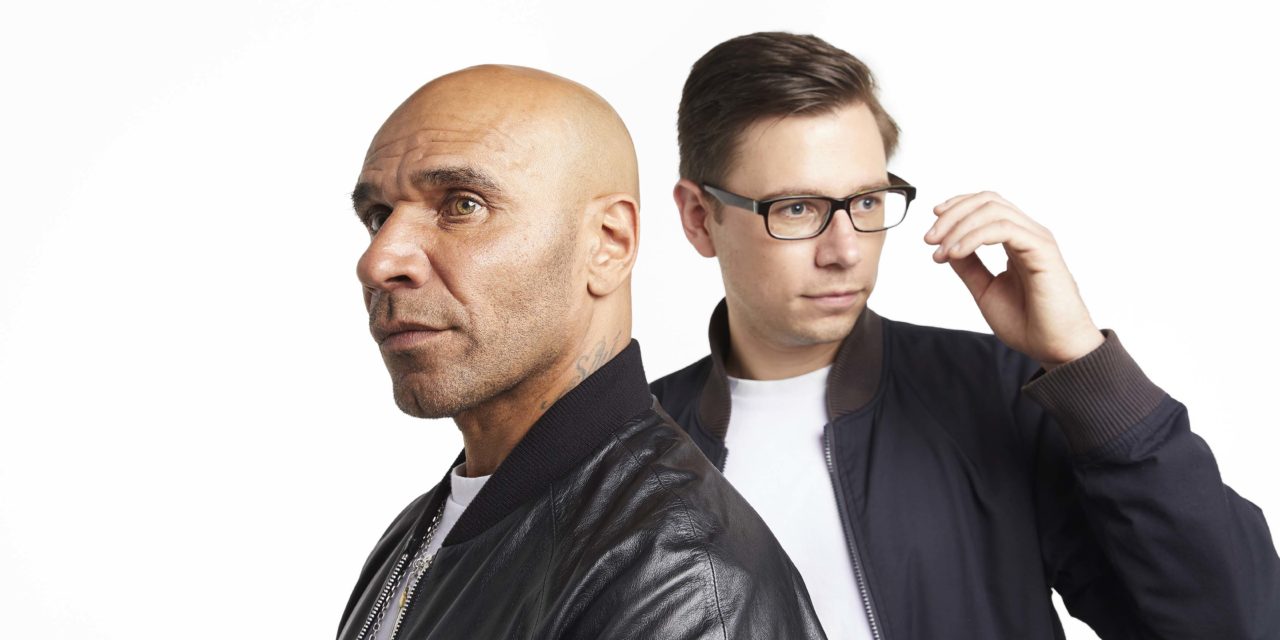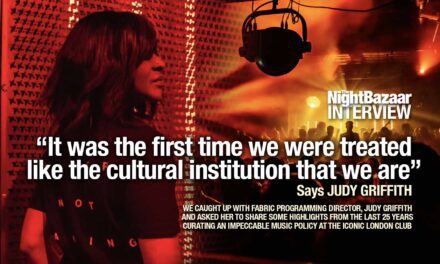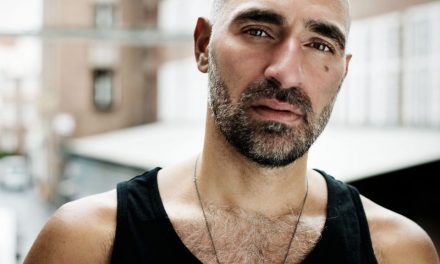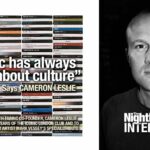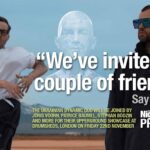THE last time I spoke to Goldie, we were backstage at a festival in the garden of England in 2017. The timeless drum ’n’ bass pioneer was, the previous day, asked on live TV about the closure of London nightclub fabric and suggested he should melt his MBE in protest over the move. Goldie’s point was missed completely and, rather than looking deeper into what he was trying to say, the press focused solely on the clickbait MBE-melting headline.
Walsall-born Goldie told me that day in 2016 that he felt that there’s been a systematic abuse of club culture in the UK over the years, when really it should be preserved, celebrated and heralded as one of the country’s great success stories and exports. Together we set the record straight on his comments with a video that went viral on social media the following week.
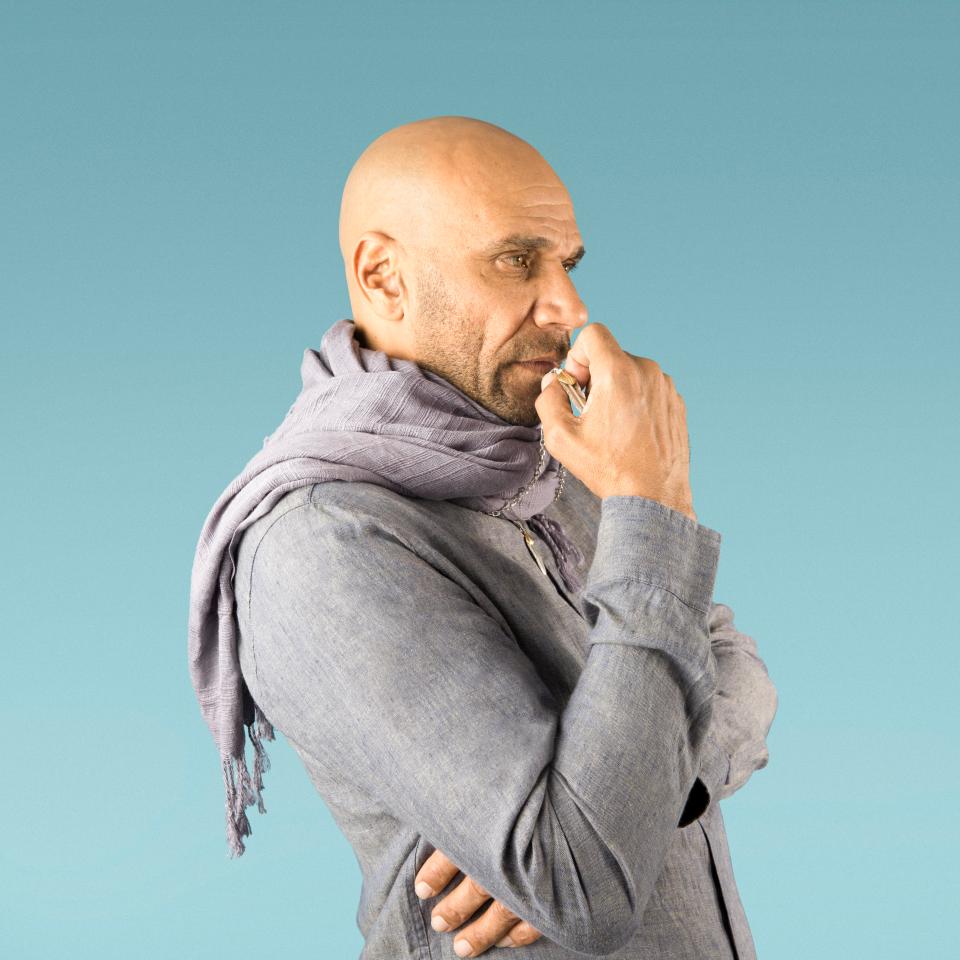
Timeless… Goldie
Prince Charles had just months earlier awarded him his medal for his insurmountable contribution to British music and work in helping young people – but shutting fabric down seemed like another attempt to slam the door on the culture in which DJs such as Goldie thrived. His original point was that such closures would prevent talent such as his from being incubated and allowed to flourish.
Thankfully, common sense prevailed towards the end of 2017 when fabric was cleared to reopen – along with a reminder of the value of such clubs. Goldie says:
“The closure of fabric made people wake up regarding the culture. Club culture is so important. There seems to be a really big turnaround now and people are beginning to realise the importance of culture generally in Britain.”
“After the fabric shenanigans, I felt like the uncle under the stairs – you know he’s been around for a while, had a few proper tear-ups, and he comes to the party after a few vodkas and he tells his brother’s son like it is. All the kids like the uncle because he tells it like it is.”
“Culture today has been tamed to the pound and pence of the ticket price for the festival but all of this that we enjoy today has been built on the culture that came out of clubs. Most recently, Grime was developed in clubs, it didn’t come from a festival, none of it did. Even Oasis came from s**tty clubs in Manchester.”
Goldie - The Night Bazaar from Mark Gwinnett on Vimeo.
Today I am speaking to an enthused Goldie from his home in Phuket, Thailand, as he prepares to release his new collaborative album – Act 1: Music For Inanimate Objects – as one half of Subjective, alongside Ulterior Motive producer James Davidson. The album is a continuation of a working relationship with James formed over an intensive two-week session in the studio during the creation of Goldie’s last long player, The Journey Man, released in the summer of 2017. We reflect on our last meeting and he still feels that club culture deserves more respect. He told me:
“When you go to places like Berlin, you have clubs like Berghain, and for a country like ours which has contributed the most and put its quid into this culture, we are getting very little change back. I’m a big champion of what club culture has done over the last 35 years but in this country we do tend to celebrate these things in reverse.”
Goldie’s art has regularly been praised retrospectively but he has always looked forward. He was working with orchestras around electronic music and performing live with them decades ago; today it is a trend. Just as a fine wine gets better with age, it takes time for truly ground-breaking work to be fully appreciated. Goldie continues:
“Electronic music from the Nineties is a blueprint. When I started doing classical renditions of my music on TV shows like The Word on Channel 4, there I was sitting there doing Timeless with a string ensemble and Mel Gaynor from Simple Minds on the drums. People thought I was a mad as a box of frogs. They thought I was even madder when I made Mother (on Saturnz Return) and I don’t blame them, but I was ballsy and forward-thinking.”
“Let’s face it, it seems to be the general thing now to do it with an orchestra, take Pete Tong and Hacienda Classics for example. All of a sudden 20 years later people are realising perhaps Goldie wasn’t as mad as we thought he was.”
“Trailblazing is a lonely place but you create a family by doing it – like-minded people. Like with Metalheadz, the catalogue of music we have created over the years is astounding.”
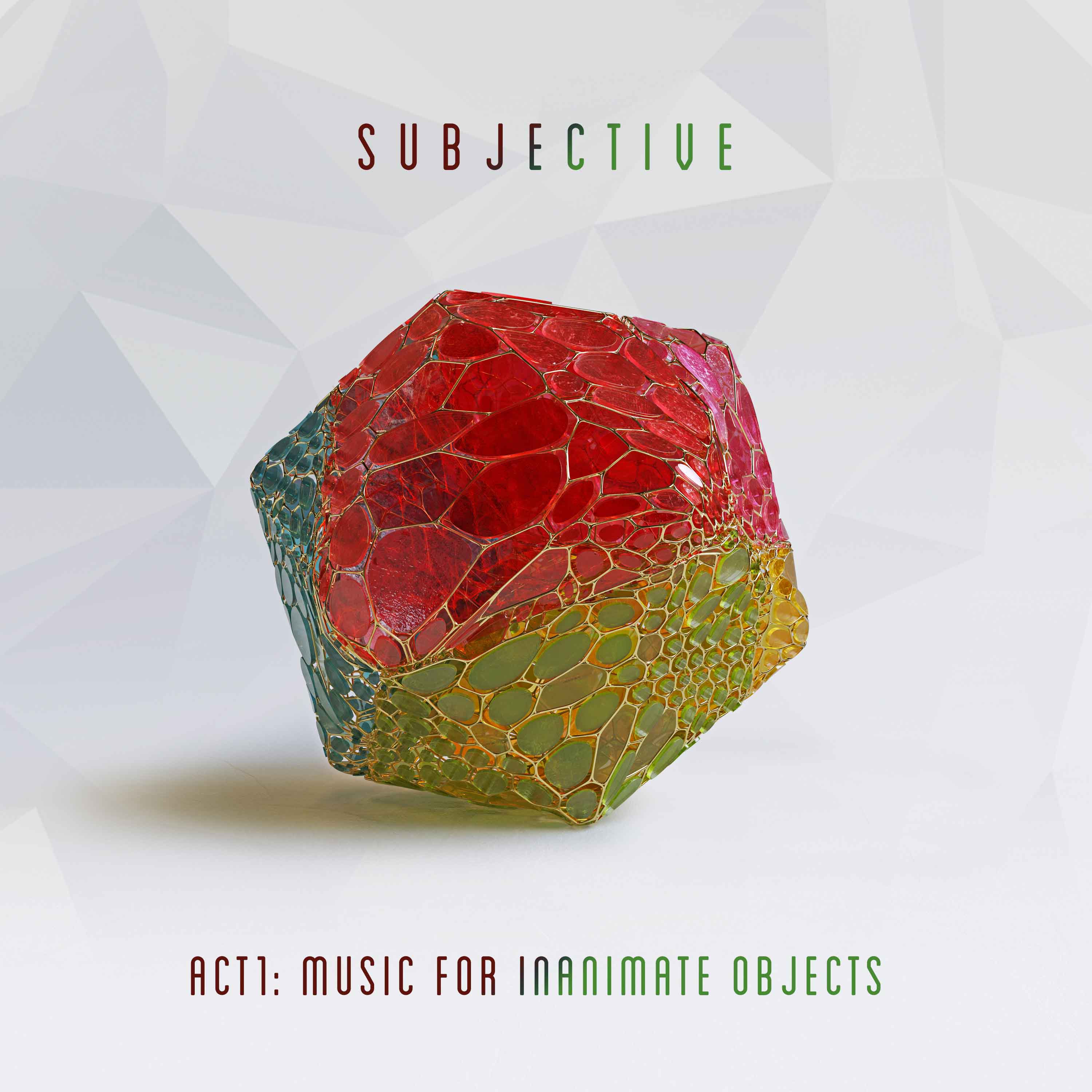

Moving to Thailand in 2016 with his family has had a huge influence on Goldie and it is clear from our conversation that the move has given him a new, calming lease of life. His excitement over a new burst in his creativity – he is continuing to experience it since the move and the production of The Journey Man, which was produced there – is infectious as he tells me about how Subjective began. He says:
“My seminal tracks, like Timeless and Mother, are not easy concepts because with them I wore my heart on my sleeve. Saturnz Return is a difficult album to listen to, you really have to be into the music to listen to it and be mature with world music to actually get it. So for me the idea of just having some fun working with James on this album, where I don’t have to think too much about it, was great. We were just pissing ourselves laughing all day long.”
“Usually my conception of the music has to happen months before and is quite rigid. I’ve always called it Kubrickism, like how Stanley Kubrick would approach his big concepts, he knew the bigger picture. I think I have had to work like that because of my life in care when I was a kid, which was very rigid and structured. But the idea of having this freedom in Thailand where I can get up and do what I want, you can hear it in the music. Horizons, on The Journey Man, was the beginning of it and I thought we needed to carry on the buzz of making that album. Usually when I have made an album I’m burnt out but we nailed this album in ten days.”
“Subjective is basically me tipping my hat to reward James for his work on The Journey Man. He is the only engineer that has surpassed every other one that I have ever worked with. The first track I did with James on The Journey Man was Prism and initially I said to him that I had a programme that I’ve had for 16 years which no one I’ve worked with has ever been able to crack. I’m an alchemist with my own box of tricks, so I gave this to him, went for a swim and came back and he’d cracked the code of this thing and we made Prism.”
“After that The Journey Man was made within two weeks. The album was written in my head anyway, that’s how I work, I know how it’s going to go down. I did the drum sessions months before and when I got all the guides down we could then go and record the vocal sessions and drop them in later on. But basically it was two weeks, cover to cover, and I said to James, ‘F***ing hell man, we’ve smashed this to bits”.
“We did The Journey Man in May and he was going out to Australia in October, so I said why don’t you swing by here and we can crack something together. Let’s do a down-tempo project, something where I don’t have to think about it; let’s just see where the water goes. We had loads of loops and mad stuff left over from The Journey Man but the rule was on this that we cannot go faster than 140bpm, and the idea for me was to also incorporate cinematography which is one of my greatest loves.”
“On the track Silent Running, for example, there is a sample of the satellite in the 1972 film Silent Running, which is basically the ping of the satellite sending information back to Earth. The following track, Re-Entry, uses that same sound. The album involves guilty pleasures like this which are easy to the ear. I must also give credit to the vocalists on the album, Tyler Lee Daly, Terri Walker and Natalie Duncan. I wrote the songs on this album where they feature specially for them as a thank you for listening to my madness.”
As the title of the new Subjective album suggests, Act 1: Music For Inanimate Objects is the start of a much wider project. We can expect Acts 2 and 3 to sound equally experimental and exciting, with the likes of celebrated composer and producer Nitin Sawhney featuring on the next instalment. Goldie told me:
“Act 2 will expand the concept even more. There are three tracks with Nitin on there. He’s just done some great stuff in film, most recently with the Netflix film Mowgli, and I met up with him at the Ivor Novello awards and he said, ‘Goldie man, Timeless got me really into wanting to make music and film-scoring,’ and I’m thinking, am I in the wrong job? So he said let’s hook up. It’s been like an epiphany with Subjective out here and James and I will now make the third album in March, as Act 2 is already finished. Thailand has been a huge catalyst for all of this.”
The cinematic soundscapes on Music For Inanimate Objects play to Goldie’s love of film but your mum might know him better for his time in EastEnders – although his numerous appearances on the silver screen include Snatch and James Bond villain Mister Bullion in The World Is Not Enough. This first Subjective album is the beginning of what he hopes to be another purple patch, which will culminate in a series of films he has written and will direct, entitled Sine Tempore which means “without time”. Goldie’s music from his long career will feature as the soundtrack. He tells me:
“I will be in the director’s chair making Sine Tempore by the end of this year. I’ve had the story in my head for 25 years, I just never got round to writing it. But I am finally ready to tell it. Me and [writer] Dan Cadan are working as partners on the project. He has been helping me with the writing process and we are pulling it all together. It will be four hour-long episodes and the story will incorporate elements of all my music as the soundtrack. Take Timeless, take Mother, Saturnz Return, The Journey Man and Subjective and put them all in a box, shake it up and times it by 100 and you will be a little bit close to what Sine Tempore will sound like.”
As our chat comes to a close, one thing is clear. Goldie the musician, artist, actor and director is in the process of completing his magnum opus, a life’s work which he started more than 30 years ago. What happens next only time will tell. He says:
“I’m beginning to realise the mortality of it all and I’ve got so much more to give. It frightens me in a way but only in terms of the butterflies, because I really do think I am saving the best till last.”
Subjective – Act One: Music For Inanimate Objects is out now on Sony Masterworks



